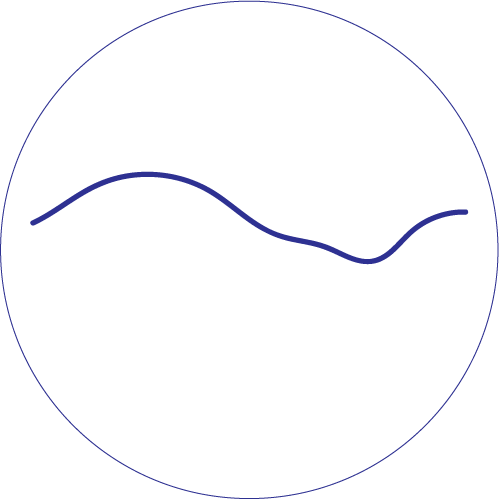Bojagi
Chea W. Kim
Sometimes I feel attacked for no reason.
I quickly realize I am attacking me.
Not everything was good. And nobody has done everything well.
So I should stop reminiscing the past.
But I keep try to unfold my life like I do after I am done packing things with Bojagi, and
the pattern of it doesn’t make any sense.
It is looking even more odd at every point where I wasn't the owner of the decision. I put lot of irregular patchworks around them.
They make sense when I closely look into it, but when I spread it out to see the whole pattern, it looks funny. It doesn't spread out the way I like, and the color is uneven.
Even if I don’t like them, I can't let go of the kid who wasn’t very good at sewing and making the pattern, nor the one who made stupid decision to put this pattern and that pattern together.
She was a child who was curious about many things, and wanted to be loved,
belonged and recognized.
She still lives in
me.
Is it possible to adore her little more?
I want to stop grilling her why she was not good at making pretty things.
The only person I have to walk to the future with is her, and what I have to put in the past is a loud voice that stops her.
Now I need to repeat some mantra saying that my Bojagi has its own charm.
*A bojagi (ࠁӝ) is a traditional Korean wrapping cloth. Bojagi are typically square and can be made from a variety of materials, though silk or ramie are common. Embroidered bojagi are known as subo, while patchwork or scrap bojagi are known as chogak bo. Bojagi have many uses, including as gift wrapping, food coverings, for carrying items, in weddings, and in Buddhist rites. More recently, they have been recognized as a traditional art form, often featured in museums and inspiring modern reinterpretations.

